Blood substitutes, in and between faith and life
![]() 2024-07-13
2024-07-13
Blood transfusion saved countless lives of critically ill patients, but a religious minority refused transfusion treatment when themselves or their families needed it. Take a look at these following cases:
In October 2010, a South Korean baby girl was born with congenital heart disease, but her parents refused blood transfusion treatment to the hospital for religious reasons.
In 2012, a 70-year-old woman with aplastic anemia in China refused blood transfusion because she believed in Christianity. She did not allow anyone outside her body to enter her body. She believed that if she accepted the blood of others, she would dirty her body, and after death, she could not go to heaven and resurrection. The woman eventually died.
In 2016, a 27-year-old Canadian woman died of multiple organ failure after complications from a caesarean section. After the patient was admitted, the patient repeatedly told doctors that she refused a blood transfusion no matter what happened (including death) because she was a Jehovah's witness.
In July 2017, a 17-year-old British boy suffering from leukemia was on the line and was in urgent need of blood transfusion. —— After receiving blood, the family refused a life-saving plan and died three months later.

Give up the faith and live, or stick to the faith and die? This is a problem for the faithful. In fact, the hemoglobin oxygen carrier ① (HBOC), known as the "artificial blood", has already been available. If the product could be used clinically, the above lost lives could have been saved.
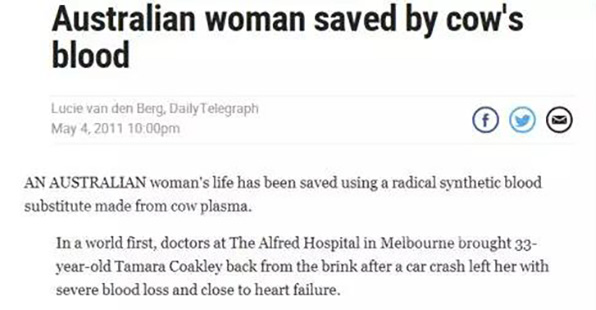
The British Daily Telegraph reports (4 May 2011)
Tamara Kirrey, a 33-year-old Australian woman (Tamara Coakley) was badly injured in October 2010, with a fractured skull, ribs and elbows, ruptured lung lobe and spleen, heart and lung failure, the Daily Telegraph reported. At the time, doctors concluded that Kirkley would not survive 24 hours. She was dying after being taken to Alfred Hospital in Melbourne.
Even troubling, Kirkley is a believer of the Jehovah's Witness, a belief that prevents her from receiving a blood transfusion. One of the doctors, Fitzgerald (Mark Fitzgerald), developed a human hematopoietic research project for the US Naval Medical Research Institute and BIOPURE five years ago and was familiar with American human hematopoietic products. So he contacted overnight with American pharmaceutical factories, biotechnology centers, Australian quarantine authorities and airlines, and got the green light from the hospital ethics committee. Finally, he flew the HBOC-201 (Hemopure) human hematopoietic produced by BIOPURE② from the United States within 48 hours, and delivered emergency treatment for Kirkray.
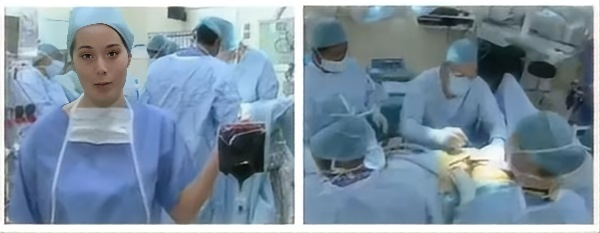
Figure: HBOC was successfully applied in the treatment of patients with large blood loss
After doctors injected ten units of HBOC-201 (Hemopure) with blood, the amount of hemoglobin that carried oxygen to various tissues of her body was effectively recovered. Kirkley, who was in a coma during the emergency treatment, said she knew how close she was. She said: " I am grateful for the medical staff to save me. At that time, I was only got about a liter of blood left, and I was grateful to these new inventions." This case is a sign of clinical success in blood substitutes, and it will help address the global blood supply.
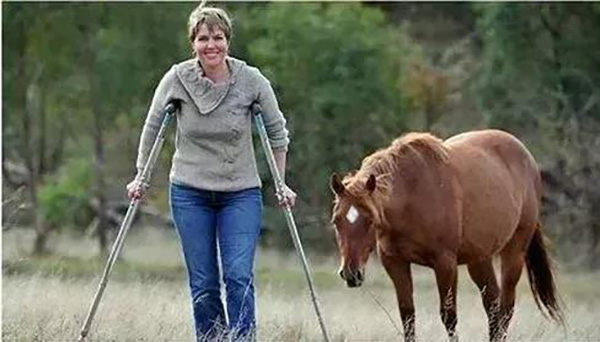
Tamara Kirky just left the hospital (2011)
It is gratifying that BIOS has introduced the production technology of hemoglobin oxygen carrier products from BIOPURE company in the United States, and has complete intellectual property rights. Combined with China's national conditions, independent innovation has played a significant role in promoting the quality research and large-scale production of blood substitutes in China.
Note: The oxygen-carrying hemoglobin product developed by BIOS is an isotonic colloidal intravenous infusion solution. Its outstanding characteristics are stored at room temperature for more than three years, no blood type, after virus removal / inactivation, low viscosity, carrying / releasing oxygen independent 2,3-DPG, particle size in the range of 20-50 nanometers, compared with red blood cells are more likely to pass through the obstacle capillaries, directly improve vertical microcirculation, quickly give oxygen to hypoxic organs and ischemic body. As a substitute for blood, it can be applied to special religious believers, remote areas without sufficient blood source, war injury, accidental injury, pre-hospital rescue of cardiac stroke and other crisis situations.
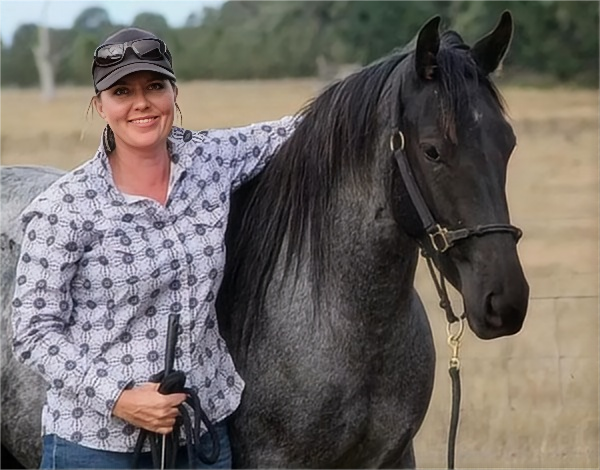
Recent photo of Tutamara Kirky (2018)
① Blood substitutes refer to the artificial preparations with the function of blood formation points and intangible components, which can be divided into red blood cell substitutes, platelet substitutes and plasma substitutes.Given the special efficacy and important role of red blood cell substitutes, the blood substitute is actually red blood cell substitute. It includes chemically synthetic fluorocarbons and hemoglobin oxygen carriers. Among them, hemoglobin oxygen carrier is a kind of products with the function of carrying / releasing oxygen based on natural or recombinant hemoglobin for chemical modification or wrapping, that is, the narrow sense red blood cell substitute, which is also a hot spot of red blood cell substitute research at home and abroad for decades.
② The Naval Medical Research Center has been working with Biopure on Hemopure research and has received an additional $4 million from Congress to the US Navy for continued research and development of Hemopure. This grant was made through the National Defense Appropriations Act for fiscal year 2006, signed by President Bush on December 30,2005.
-

Bios Wins the “Global Hemoglobin Oxygen Carrier Technology Innovation Leadership Award” at the Sullivan New Investment Conference 2025
On August 27, the 19th Sullivan Global Growth, Technology Innovation and Leadership Summit 2025 and the 4th New Investment Conference (hereinafter referred to as “Sullivan New Investment Conference 2025”) was grandly opened in Shangri-La Hotel, Jing ’an District, Shanghai.
2025-08-29
-

Wang Jianfeng, the Secretary of the CPC Changzhou Municipal Committee, met with Mr. Zheng Zhiheng, the Chairman of Bios Biologics
On 28 May 2025, Wang Jianfeng, Party Secretary of Changzhou City, Jiangsu Province, met with Mr. Zheng Zhiheng, Chairman of Bios Biotechnology Co., LTD., Vice Chairman and Executive Director of Chow Tai Fok Jewelry Group Co., LTD., to exchange views on further deepening cooperation.
2025-05-29
-
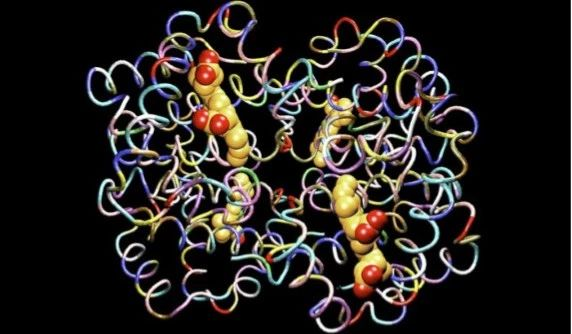
Yale scientists have successfully revived a pig brain with artificial blood
Recently, the cover of Nature published the latest research from Yale University School of Medicine: scientists at Yale University used an infusion solution to successfully revive the pig brain after 4 hours of death, restoring some cellular and metabolic functions, and maintaining them for at least 6 hours.
2024-08-03
-
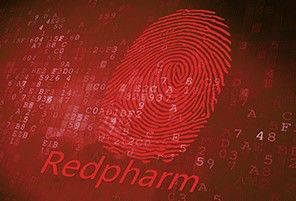
A brief history of research and development of red blood cell substitutes
Blood has always been a very important, but very limited medical resource.
2024-08-02


